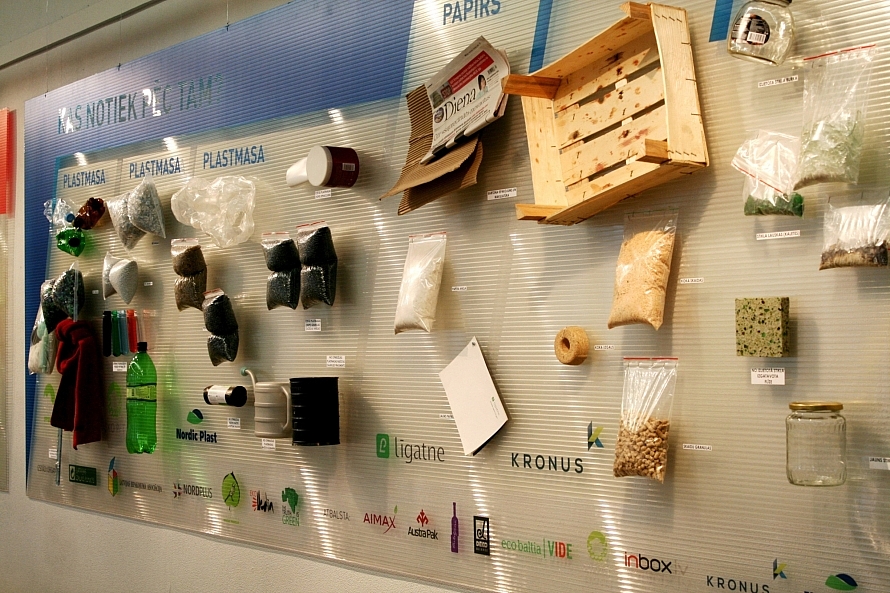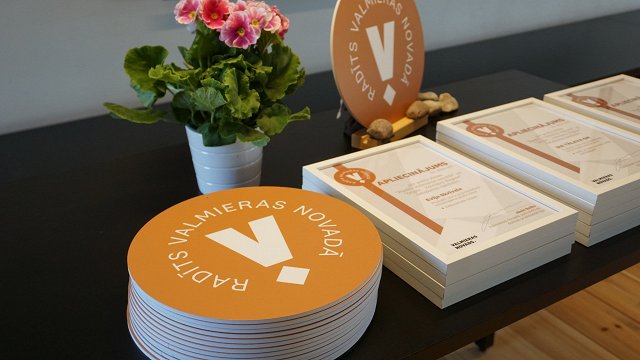Due to the order, grocery items that previously weren't packaged now require packaging if the product doesn't require washing or cooking before consumption. Even though the regulations are for the safety of consumers, it could also take us several steps back in the global fight against unnecessary packaging and plastic bag use.
“Until this pandemic both merchants, consumers and producers tried to change their habits, going towards using less packaging. And now it could all lead back to the old way,” said Green Liberty environmental organization director Jānis Brizga.
According to Maxima grocery store representative Liene Dupate-Ugule, this order affects the packaging of baked goods, nuts, pastries and cookies. However consumers are attentive, and demand has fallen for these products, possibly due to the additional packaging. “We package products in environmentally friendly paper or carton packaging as much as possible, but there are individual products that have to be visible, as it is with confectionery,” said Dupate-Ugule.
Merchants have confirmed the trend towards choosing environmentally friendly packaging, or using their own reusable bags instead of small plastic ones. Retailers point out that environmentally friendly packaging is available in Latvia, though in limited quantities, which is exacerbated by the crisis. This also adds to the price at a time when consumer purchasing power is declining.
Despite efforts by European-wide campaigns on waste reduction, Latvia has reached the average European level of 400 kilograms of waste per person per year. The largest increase in volume has been over the past five years.
“Packaging creates only a portion, and it's comparatively light. However it's important to set apart packaging that's not recyclable, and support the use of packaging that's reusable. Currently the problem is that a large part of packaging in our market isn't possible or economical to recycle,” said Brizga.
Latvian Green Dot Director Kaspars Zakulis said that household waste in particular has increased. It impacts the recycling sector if apartment blocks haven't asked for more frequent removal. However during the state of emergency the total trash flow has decreased, as many factories, companies and offices have ceased operations.
As previously reported, in 2018 Saiema adopted the Packaging Law preventing stores from handing out free plastic bags to shoppers. The law came into effect January 1, 2019 and applies to all types of plastic shopping bags, regardless of the thickness of the material. Very lightweight plastic bags that are needed for hygienic purposes or intended to pack non-prepacked food to prevent food waste were an exception.
From January 1, 2025 even at these points of sale, light plastic shopping bags will need to be replaced with packaging from paper and cardboard or other natural fibers and degradable bioplastics. Also in 2018 the European Parliament voted to ban the sale of plastic picnic-style plates and cutlery. These products will be banned from the EU market from 2021.
The European Commission estimates that single-use disposable plastic products account for more than 70% of marine pollution.



























